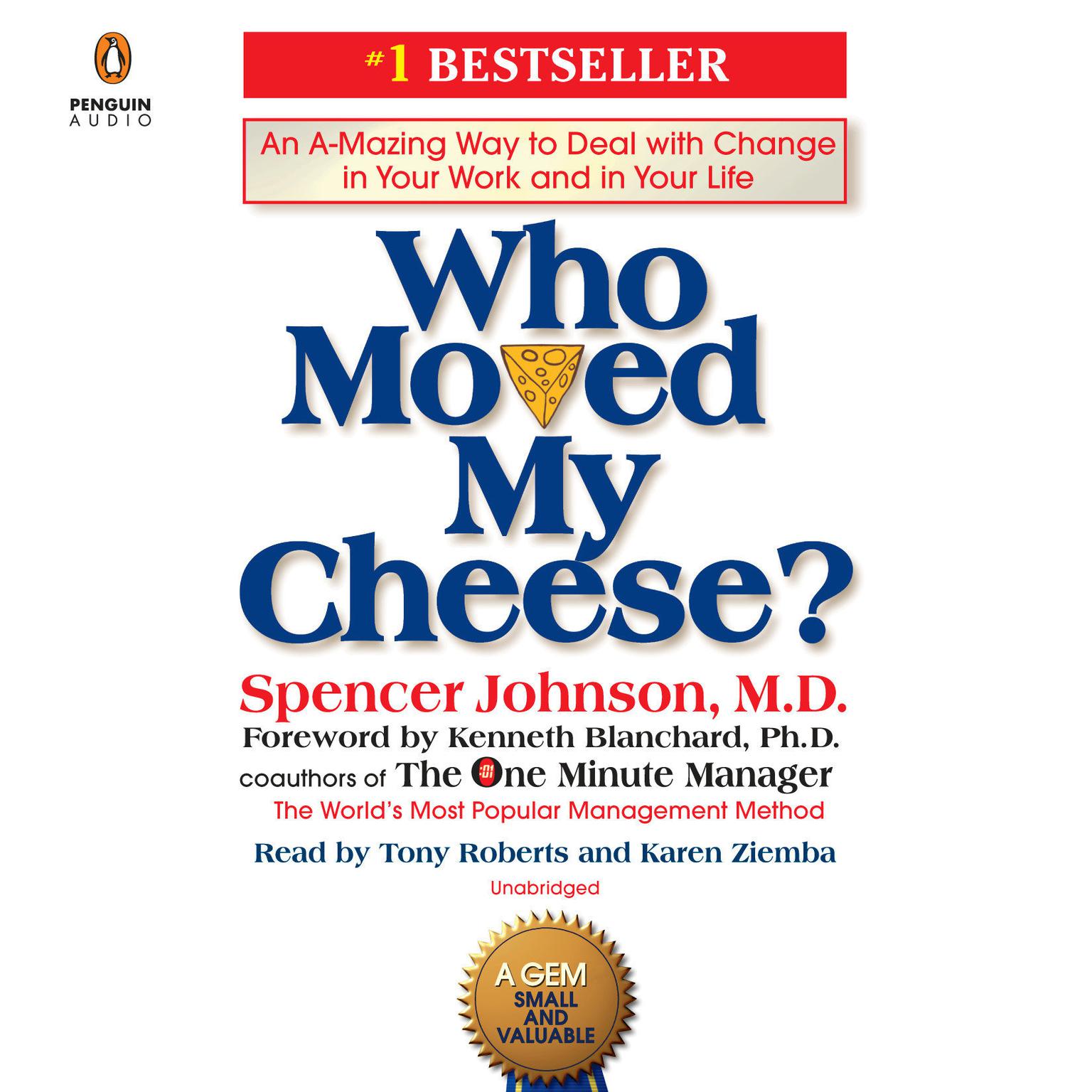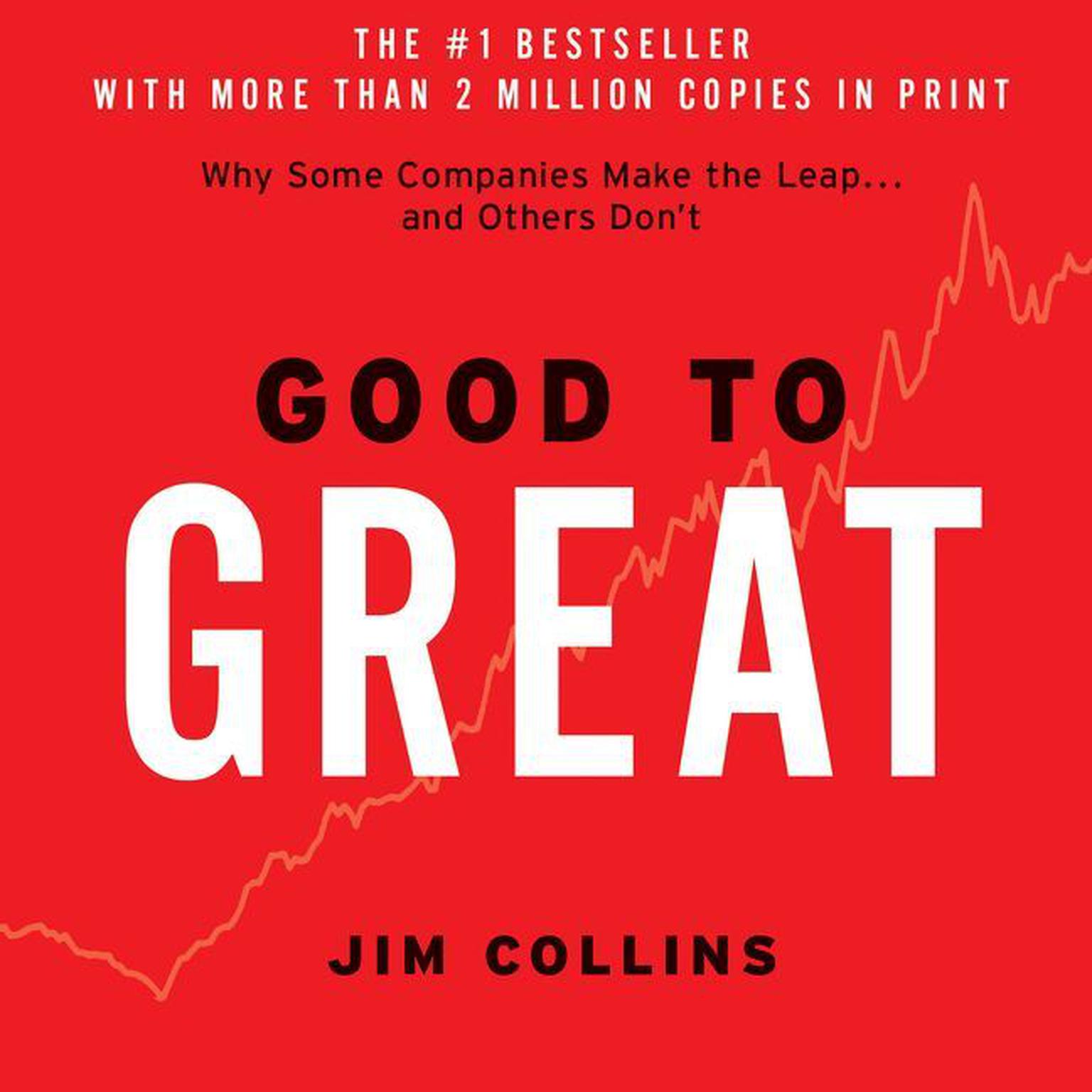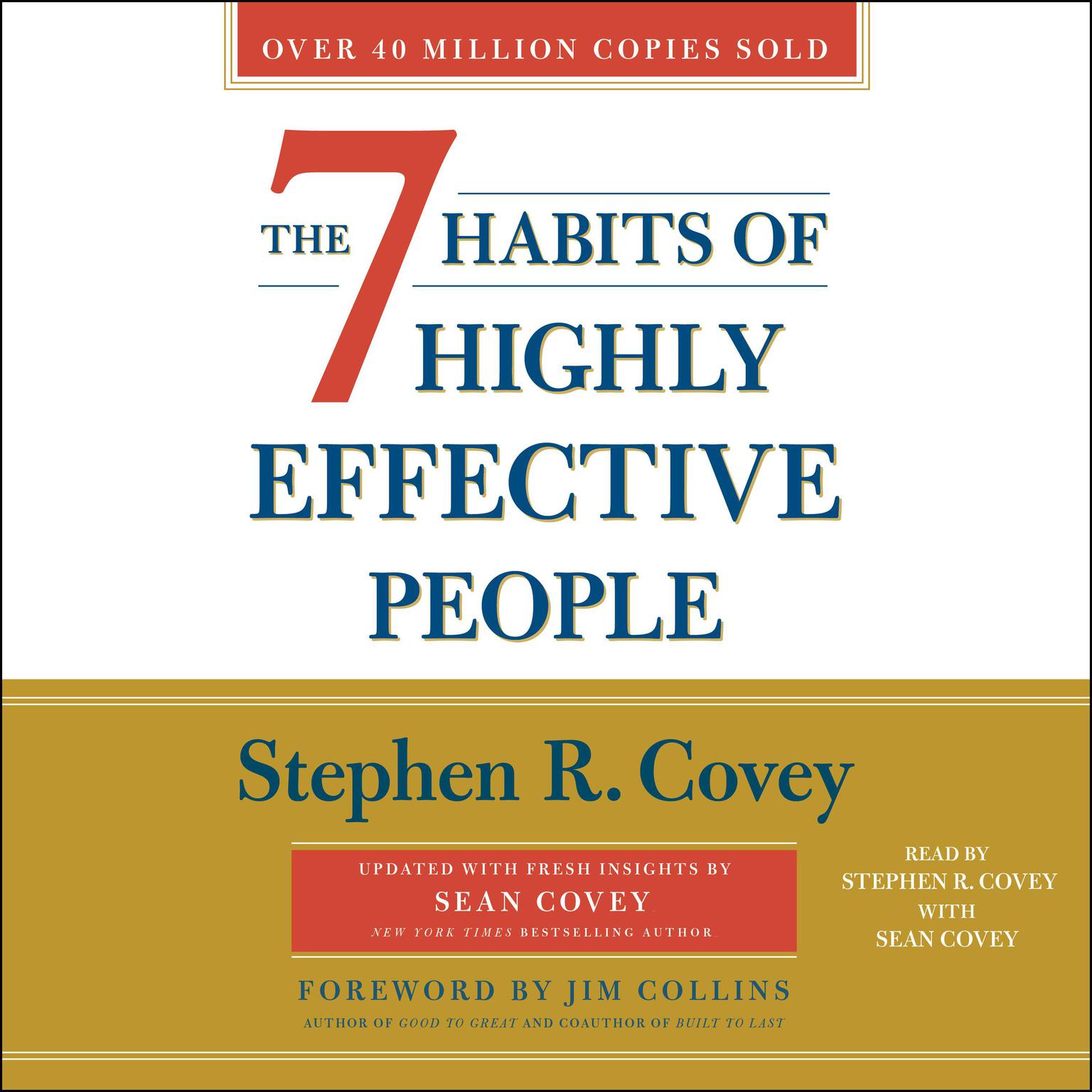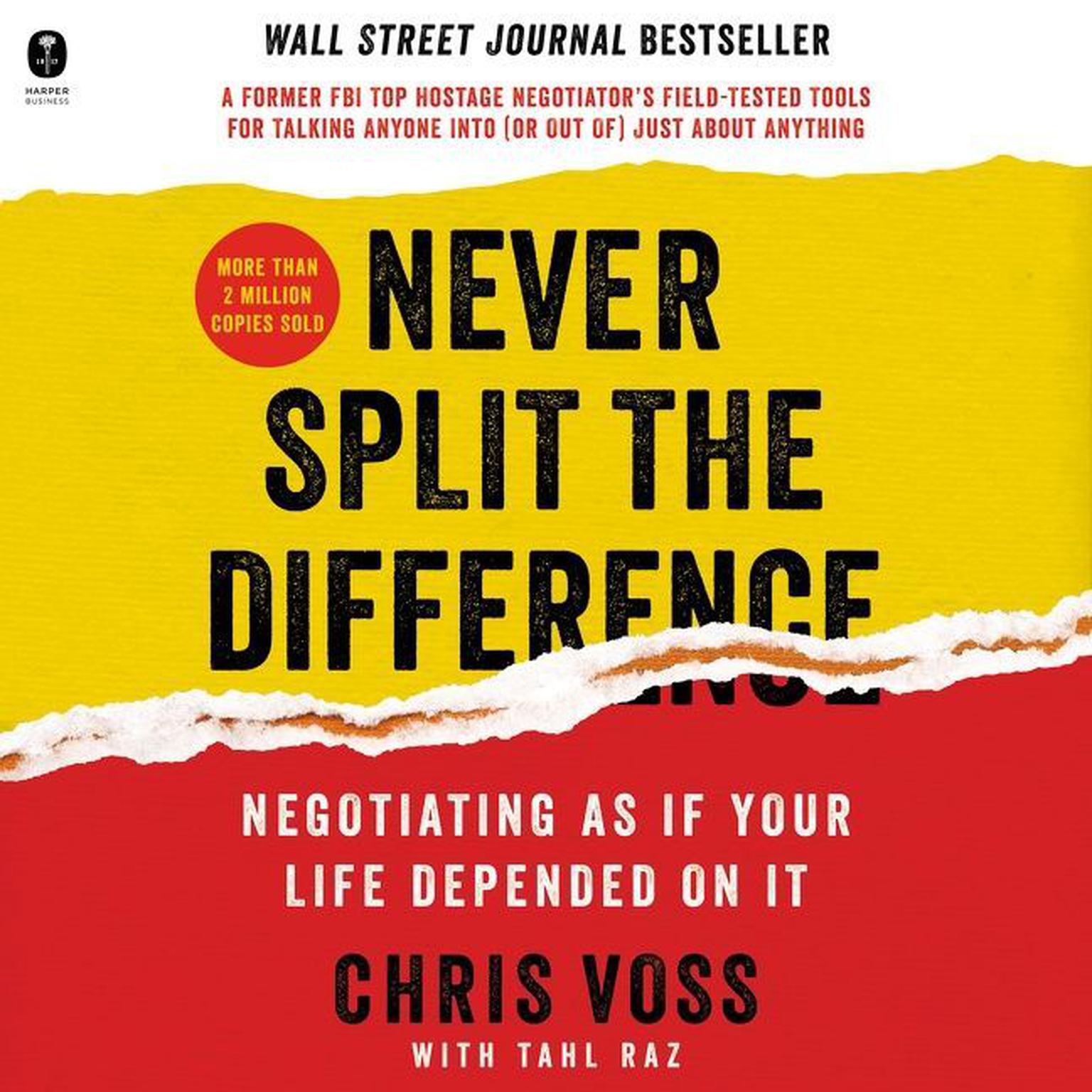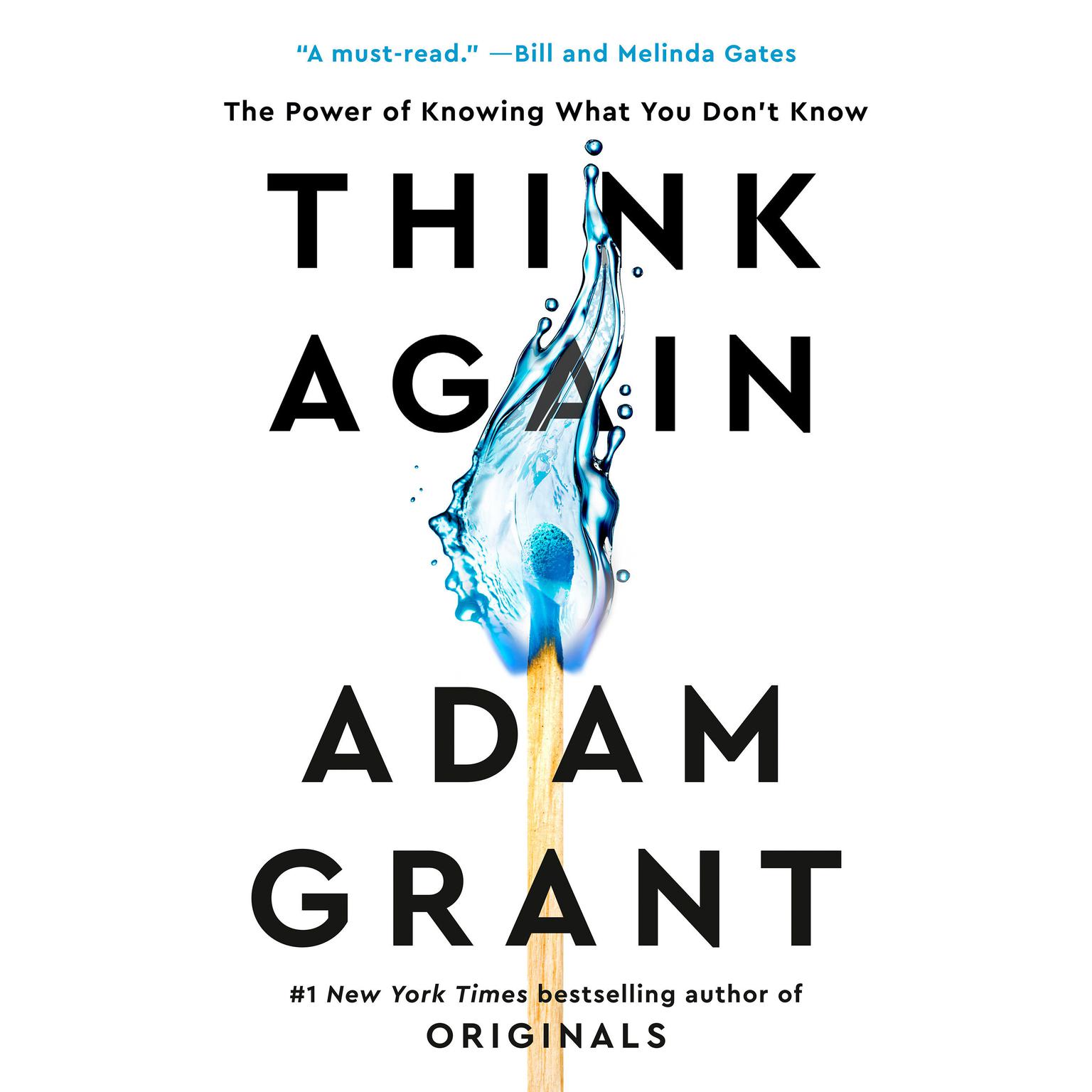Publisher Description
America has been through the biggest financial crisis since the great Depression, unemployment numbers are frightening, median wages have been flat since the 1970s, and it is common to expect that things will get worse before they get better. Certainly, the multidecade stagnation is not yet over. How will we get out of this mess? One political party tries to increase government spending even when we have no good plan for paying for ballooning programs like Medicare and Social Security. The other party seems to think tax cuts will raise revenue and has a record of creating bigger fiscal disasters than the first. Where does this madness come from?
As Cowen argues, our economy has enjoyed low-hanging fruit since the seventeenth century: free land, immigrant labor, and powerful new technologies. But during the last forty years, the low-hanging fruit started disappearing, and we started pretending it was still there. We have failed to recognize that we are at a technological plateau. The fruit trees are barer than we want to believe. That’s it. That is what has gone wrong and that is why our politics is crazy.
Cowen reveals the underlying causes of our past prosperity and how we will generate it again. This is a passionate call for a new respect of scientific innovations that benefit not only the powerful elites, but humanity as a whole.
Download and start listening now!
“For one of the oh-so-trendy economist doomsayers, Cowen does a pretty good job of making his argument. With that said, I still didn’t buy it. Basically the sum of his argument is ‘it was easy then, now it’s hard’. His most interesting example is high-school graduation rates. He says the first 50% is easy, the next 50% is hard, because they’re so unfit for school as to not graduate even when there is clearly opportunity to. I don’t really understand how that doesn’t apply to the first 10% and other 90%. If anything the fact that we have lower graduation rates now seems to indicate more ‘low-lying fruit’ available in the future, only an educational-reform away. With that said, the book was nice a short, not belaboring any points. I liked it as much as one can like a book whose thesis one entirely rejects.”
—
Ivo (4 out of 5 stars)



